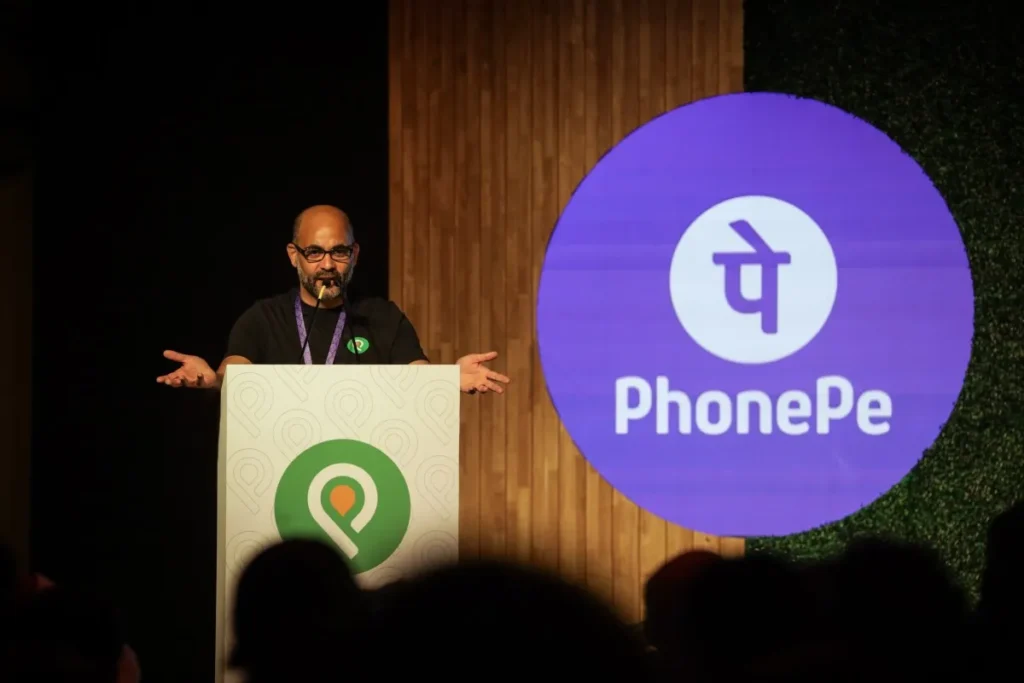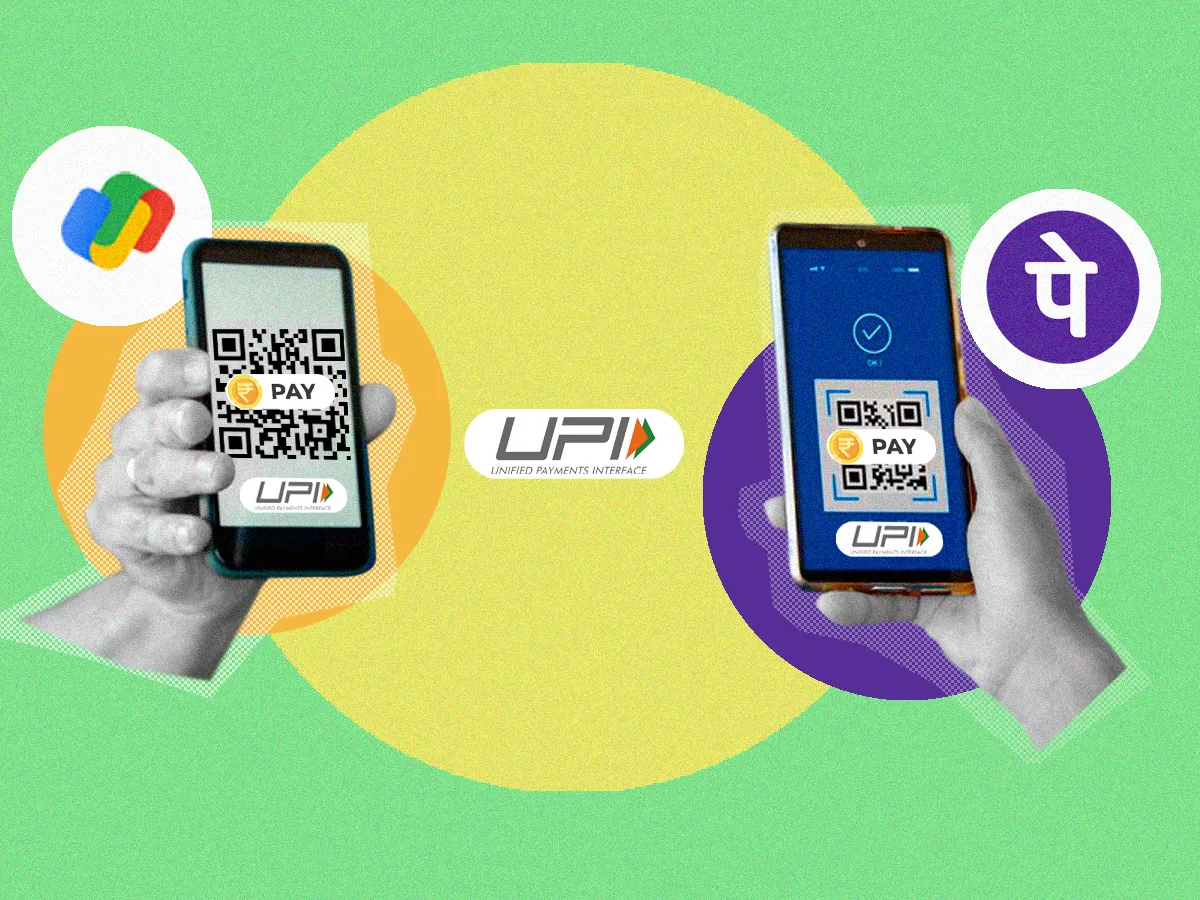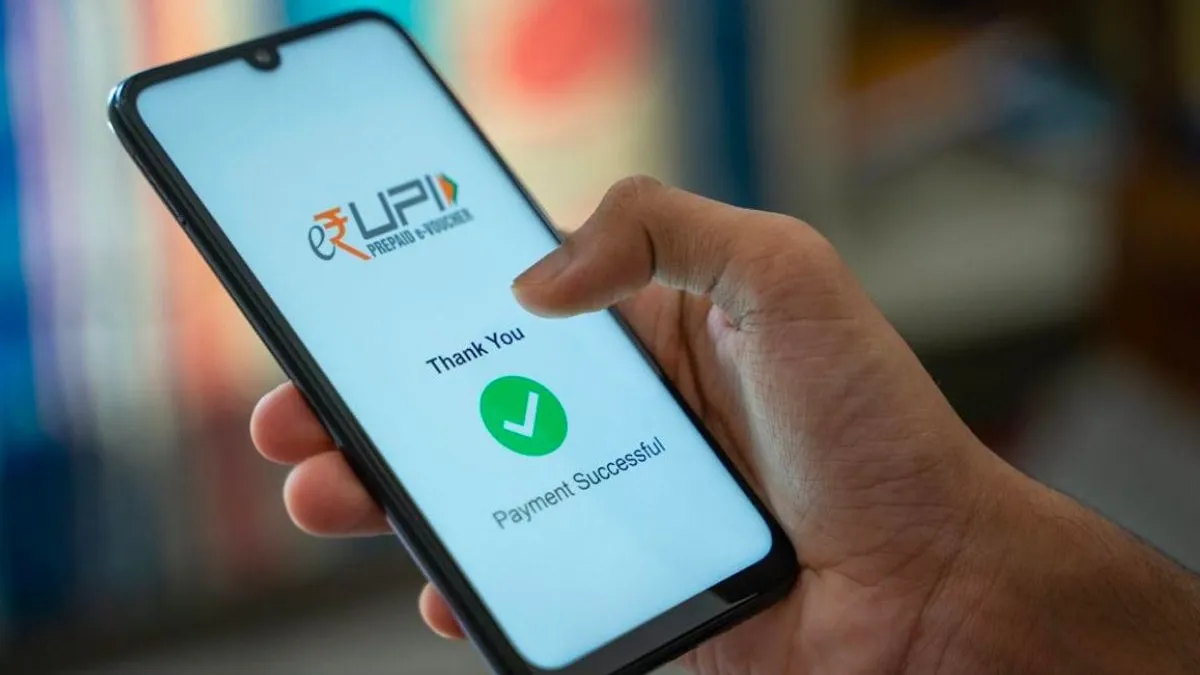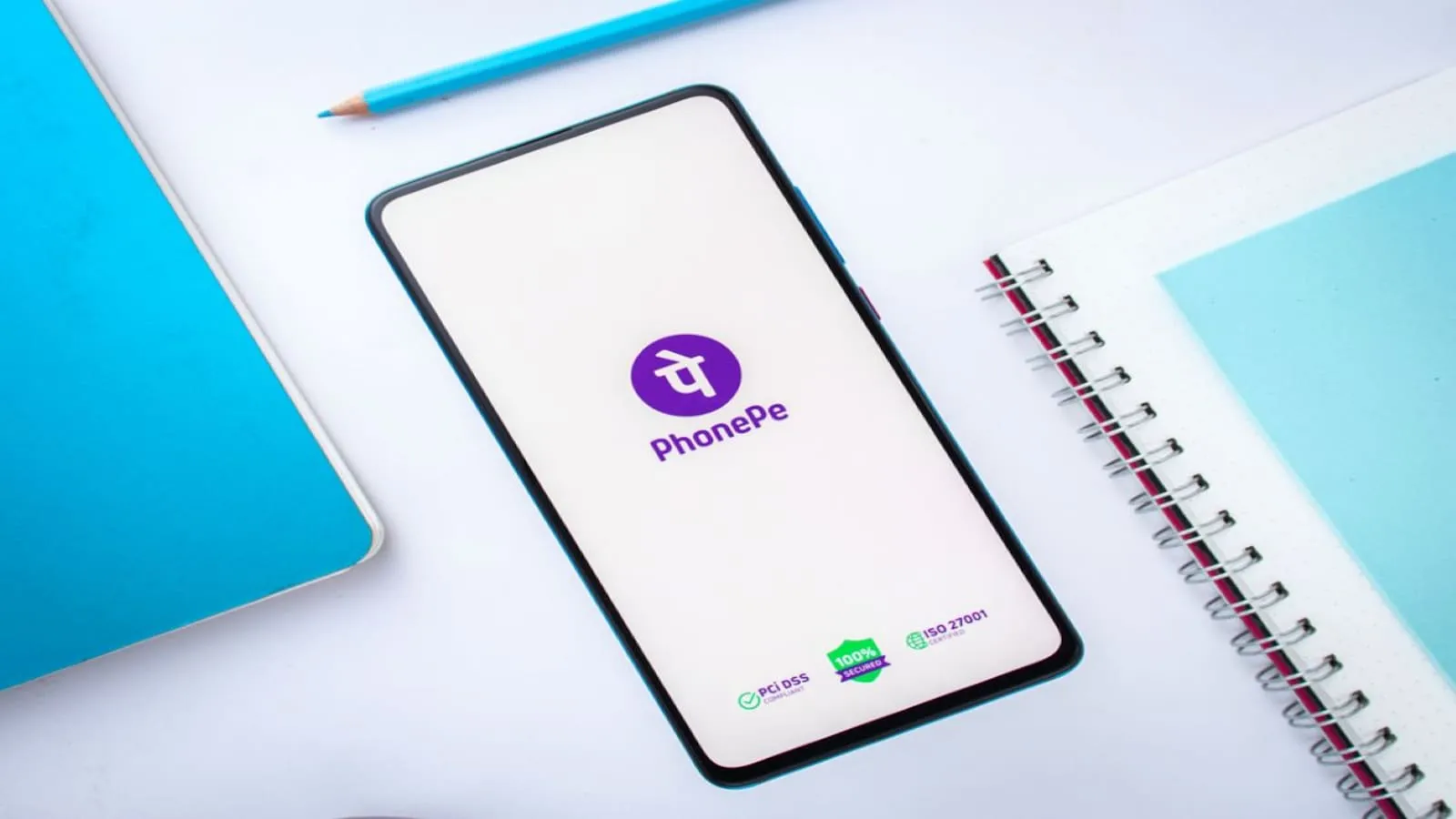
In a significant move, the National Payments Corporation of India (NPCI) has announced another extension to the implementation of a cap on transaction shares for digital payment platforms via the Unified Payments Interface (UPI). Originally set to revolutionize the competitive landscape by limiting the share of individual apps to 30%, this regulation has been postponed until December 31, 2026. This decision reflects ongoing challenges and the complexities involved in reshaping the digital payment sector in India.

The Strategic Importance of UPI in India’s Economy
UPI has transformed into the linchpin of India’s digital economy since its inception eight years ago, facilitating over 13 billion transactions monthly. This system not only supports high-volume transactions but also serves as a critical infrastructure that spans numerous consumer services. The predominance of UPI underscores its vital role, acting as a digital conduit for everything from small vendor transactions to significant commercial exchanges.
Temporary Reprieve for Market Leaders
The NPCI’s decision provides a temporary reprieve to the dominant forces in the market, Walmart-backed PhonePe and Google Pay, which currently account for more than 85% of the UPI transaction volume. This delay is particularly pivotal for PhonePe, which commands nearly half of the market share and is actively preparing for an initial public offering. The regulatory uncertainties surrounding the market cap had previously been cited by PhonePe’s top executive as a significant impediment to their IPO timeline.

Rationale Behind the Regulatory Delays
The NPCI, which operates under the supervision of India’s central bank and collaborates with over 50 retail banks, faces the daunting task of implementing market share restrictions without disrupting service. The potential for such disruptions poses a substantial risk, as millions of Indian consumers rely on these apps daily for their financial transactions. Moreover, the regulator’s cautious approach is informed by extensive consultations with industry stakeholders, who have yet to find a feasible solution that ensures competitive balance without undermining user experience.
WhatsApp Pay: A New Competitor in the Arena
In conjunction with the delay, India has also lifted restrictions on WhatsApp’s mobile payments service, allowing the Meta-owned platform to expand WhatsApp Pay to over 500 million users in India. This move could introduce a significant new player in the digital payments landscape, potentially altering the dynamics of market competition and providing consumers with more options.

Looking Forward
As the digital payments ecosystem continues to evolve, the extended deadline for implementing transaction share caps is likely to have far-reaching consequences for market competition, consumer choice, and the overall stability of India’s financial technology landscape. The decision underscores the challenges of regulating a sector that is both vital to the national economy and rapidly changing, reflecting a careful balancing act between fostering innovation and ensuring fair market practices.
